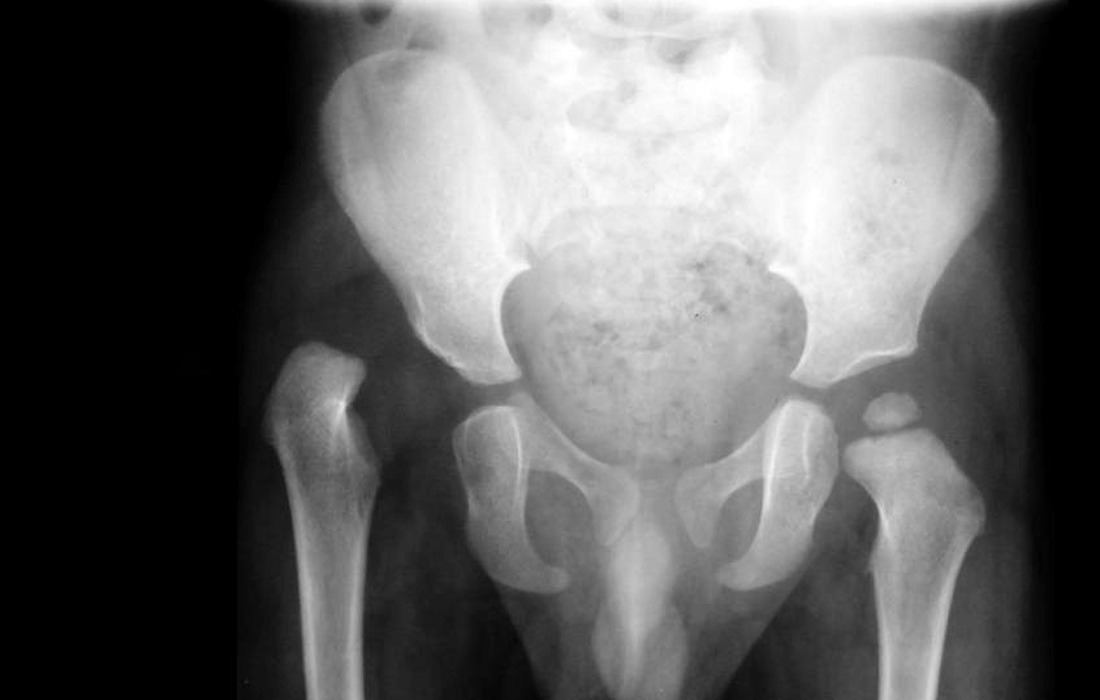Expert Orthopedic Care for Traumatic and Congenital Hip Dislocations
At Estexper Spine & Orthopedic Center in Istanbul, we provide specialized care for both traumatic and developmental hip dislocations. Whether caused by injury, accident, or a congenital condition such as Developmental Dysplasia of the Hip (DDH), hip dislocations require urgent and skilled orthopedic intervention to restore joint function and prevent long-term damage.
Our orthopedic surgeons work in collaboration with leading university hospitals to offer advanced diagnostics, minimally invasive reduction techniques, and if needed, reconstructive or replacement surgery—all tailored to the individual needs of each patient.
What Is a Hip Dislocation?
A hip dislocation occurs when the ball of the femur (thigh bone) is forced out of its socket in the pelvis. This can happen as a result of high-impact trauma—such as a car accident or sports injury—or due to underlying hip instability, particularly in children with congenital abnormalities.
There are two main types:
-
Traumatic hip dislocation: Typically caused by severe injury, often associated with fractures or nerve damage.
-
Congenital/Developmental hip dislocation (DDH): A condition present at birth where the hip joint is not properly formed.
Early diagnosis and timely treatment are crucial for preserving joint function and preventing complications like arthritis, avascular necrosis, or chronic instability.
Diagnosis and Evaluation
Evaluation begins with a full clinical examination and imaging studies:
-
X-rays to confirm the dislocation and detect fractures
-
MRI or CT scans for detailed assessment of joint structures and soft tissues
-
Ultrasound in pediatric cases, especially for screening DDH in newborns and infants
Our team ensures a thorough assessment to determine the most appropriate course of action based on the patient’s age, severity of the dislocation, and associated injuries.
Treatment Options for Hip Dislocation
1. Closed Reduction:
For traumatic dislocations without fractures, a closed reduction (non-surgical repositioning of the joint) is often performed under anesthesia. Prompt reduction is vital to avoid nerve or vascular injury.
2. Surgical Treatment (Open Reduction):
In complex or recurrent dislocations—or when soft tissue or bone fragments obstruct the joint—open surgery may be required. This may involve:
-
Joint stabilization
-
Ligament or cartilage repair
-
Removal of bone fragments
-
Hip reconstruction or total hip replacement in severe or chronic cases
3. Pediatric DDH Management:
For children with developmental dislocations, treatment may include:
-
Pavlik harness or bracing for infants
-
Closed or open reduction surgery for older children
-
Osteotomies (bone realignment procedures) when necessary
Why Choose Estexper for Hip Dislocation Treatment?
-
Expert orthopedic surgeons with specialized training in trauma and pediatric orthopedics
-
Collaboration with top university hospitals for surgical and post-surgical care
-
Advanced imaging, intraoperative monitoring, and modern surgical techniques
-
Multilingual care team for international patients
-
Comprehensive rehabilitation programs to ensure optimal recovery and mobility
At Estexper, we focus on preserving joint integrity and restoring full mobility with the least invasive approach possible—tailored to each patient’s unique condition and lifestyle.
Schedule a consultation today to learn more about hip dislocation treatment options for you or your child at Estexper Spine & Orthopedic Center.
Keywords: hip dislocation treatment Turkey, traumatic hip injury Istanbul, developmental dysplasia of the hip, orthopedic surgery Turkey, Estexper orthopedic specialists



